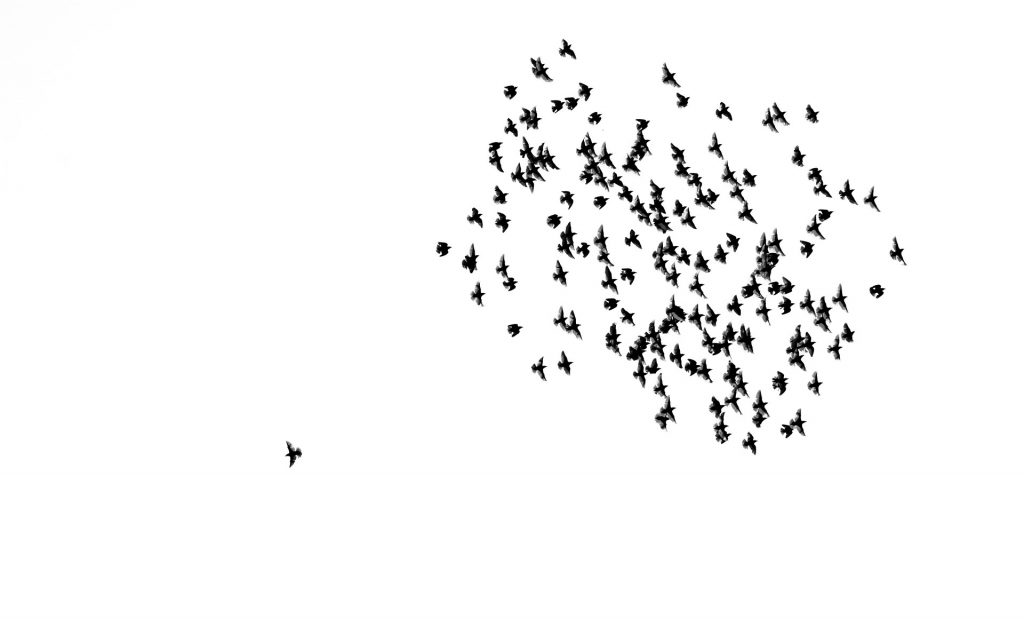How Can One be Many? Posted by Gary Locke on Jul 26, 2018 in English Grammar, English Language
In English, some nouns can be both singular and plural. Yes, I know, that sounds like an impossible contradiction. But, this is English after all, and English is full of such maddening things. In fact, to add to the confusion there are several types of these nouns! There are irregular, non-changing nouns, which have the same plural and singular form. Additionally, nouns which only appear in their singular form are called a singulare tantum. Nouns which are grammatically always plural, and contain the typical plural suffix s are plurale tantum.
Most irregular, non-changing nouns are words from nature or transportation. One notable exception is offspring, a fairly common irregular plural noun.
Other examples of irregular, non-changing nouns
- Fish
- Moose
- Deer
- Salmon
- Cattle
- Sheep
- Aircraft
- Spacecraft
- Traffic
- Police
Additionally, nouns which only appear in their singular form are called a singulare tantum. Nouns which are grammatically always plural, and contain the typical plural suffix s are plurale tantum. These terms come to us from Latin. Tantum translates into English as the adverb only. So, these words are either singular only, or plural only. However, singulare tantum are rare and depend entirely upon their lexical usage. These singulare tantum nouns are commonly known as mass nouns because they indicate things which have no distinct measure.
Examples of singulare tantum
- Dirt
- Advice
- News
- Progress
- Weather
- Knowledge
- Furniture
- Oxygen
- Jazz
We often see words like land and water included among mass nouns, but it entirely depends on their lexical context. I can say, “I look at all this water and see no land in sight.” But, I could equally say, “Not all the waters of Israel are as salty as the Dead Sea.” The first example is singulare tantum, but the latter clearly, and correctly, pluralizes water.
Other examples of singulare tantum which can be pluralized under certain lexical conditions include:
- Wine
- Tea
- Bread
- Cheese
- Hair
There are far more examples of the plurale tantum noun. Each word can indicate just one of something, or many, and appear to be plural words due to the word-ending.
Examples of plurale tantum
- Clothes
- Scissors
- Glasses
- Amends
- Shenanigans
- Trousers
- Shorts
- Jeans
- Pliers
- Species
Some of these words can be found in a singular form as a verb. You can amend your statement. You can scissor someone’s hair. You could hire someone to police an event.
You may also see the word used in compound words or phrases where they become singular, or form another singular noun.
- Cattleman
- Scissor kick
- Clotheshorse
- Clothespin
Incidentally, plurale tantum is the singular form of the term. The plural form is pluralia tantum. Latin, unlike English, has enough sense to have both plural and singular versions of basically everything.
Can you think of other English words which are both plural and singular? Please feel free to share them in the comments section.

Build vocabulary, practice pronunciation, and more with Transparent Language Online. Available anytime, anywhere, on any device.




